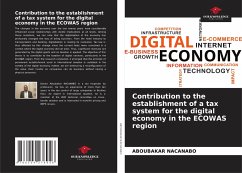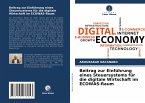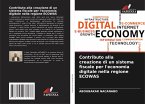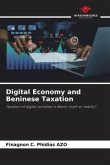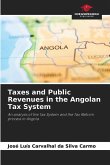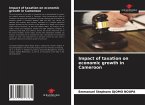The changes in the economy over the last twenty years have considerably influenced social relationships with visible implications at all levels. Among these mutations, we can note that the digitalization of the economy has profoundly changed the way of doing business. From the hotel industry to transportation and banking, digitalization is making its revolution. Tax law is thus affected by this change since the current texts were conceived in a context where the digital economy did not exist. Thus, significant revenues are generated by the digital giants and no taxation is applied. The objective of this thesis is to contribute to the taxation of digital services, particularly in the ECOWAS region. From the research conducted, it emerged that the principle of permanent establishment used in international taxation is outdated in the context of the digital economy. Indeed, we are witnessing a reconfiguration of the value chain insofar as companies can do business without having a physical presence.
Bitte wählen Sie Ihr Anliegen aus.
Rechnungen
Retourenschein anfordern
Bestellstatus
Storno

